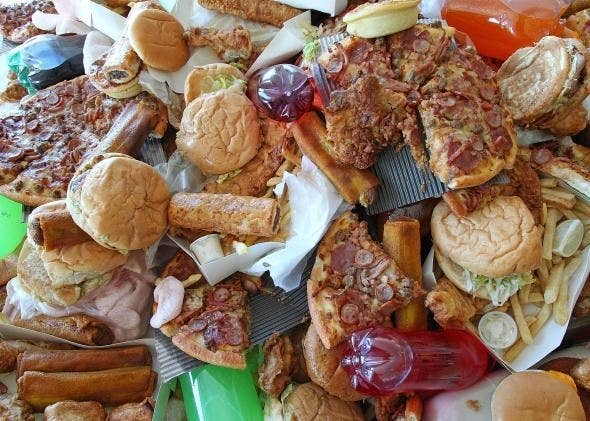What is This Conversation About?

Joey Julius has Kicked off the BED Conversation

The Conversation on Social Media
As of early December 2016, there were over 96,000 posts that include #bingeeatingdisorder on Instagram. Other similar hashtags were #bingeeating and #bingeeatingrecovery. Both the top posts and most recent posts with #bingeeatingdisorder were posts of and from women, and included body and weight pictures, food pictures, and quotations, as seen above. The quotations had messages of either strength or struggles. Some posts were positive, conveying hope and progress towards BED recovery. Other posts were negative, conveying frustration and relapses with BED. Women ran the accounts that these posts came from. The captions written for the body and weight pictures described how the person was working through or had worked through their BED. The captions for pictures of food described the food, and sometimes including nutritional information. The captions for images of quotations described the quotation by rephrasing it or explaining how it was applicable to their life. Each post had likes and comments. The comments left by other users included encouraging words and phrases.
Through this social media platform, the BED conversation is happening and is important. And that conversation is happening between people from all over the world. Instagram, and specifically #bingeeatingdisorder, allow those with BED to connect with others as they share their experiences with BED. The hashtag allows for a community of those with BED to be created, providing the acknowledgement and awareness of BED and an understanding and support for those with BED. The likes and comments further show support for those with BED, from people they might not even know in real life. However, the conversation needs to be more than just on social media
Our Relationships Affect the Conversation
Continue the Conversation
Scholarly Sources
Ansell, E. B., Grilo, C. M., & White, M. A. (2012). Examining the interpersonal model of binge eating and loss of control over eating in women. International Journal of Eating Disorders, 45(1), 43-50. doi:10.1002/eat.20897
Degortes, D., Santonastaso, P., Zanetti, T., Tenconi, E., Veronese, A., & Favaro, A. (2014). Stressful life events and binge eating disorder. European Eating Disorders Review, 22(5), 378-382. doi:10.1002/erv.2308
Eldredge, K. L., Locke, K. D., & Horowitz, L. M. (1998). Patterns of interpersonal problems associated with binge eating disorder. International Journal of Eating Disorders, 23(4), 383-389.
Fong Leung, S., MA, J., & Russell, J. (2012). Breaking the silence of eating disorders with the hope of an online self-help programme. Contemporary Nurse: A Journal For The Australian Nursing Profession, 40(2), 245-257.
Levine, M. P. (2012). Loneliness and eating disorders. Journal of Psychology, 146(1/2), 243-257. doi:10.1080/00223980.2011.606435
Svaldi, J., Dorn, C., & Trentowska, M. (2011). Effectiveness for interpersonal problem-solving is reduced in women with binge eating disorder. European Eating Disorders Review, 19(4), 331-341. doi:10.1002/erv.1050
Zeeck, A., Stelzer, N., Linster, H. W., Joos, A., & Hartmann, A. (2011). Emotion and eating in binge eating disorder and obesity. European Eating Disorders Review, 19(5), 426-437. doi:10.1002/erv.1066

